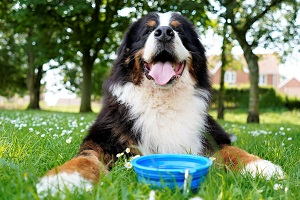Summer is all about sunshine, long walks and outdoor adventures. But if you’re spending the summer with dogs – especially senior ones – it’s important to recognise that they may not handle the heat as well as they used to.
Senior dog health requires extra attention during warm months, since older dogs struggle to regulate their body temperature, making them more susceptible to dehydration, heat exhaustion and other seasonal hazards.
So, how can you keep your ageing companion safe? Here are eight essential tips to ensure a summer without discomfort.






